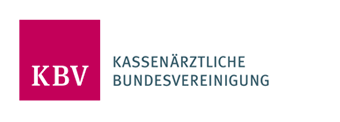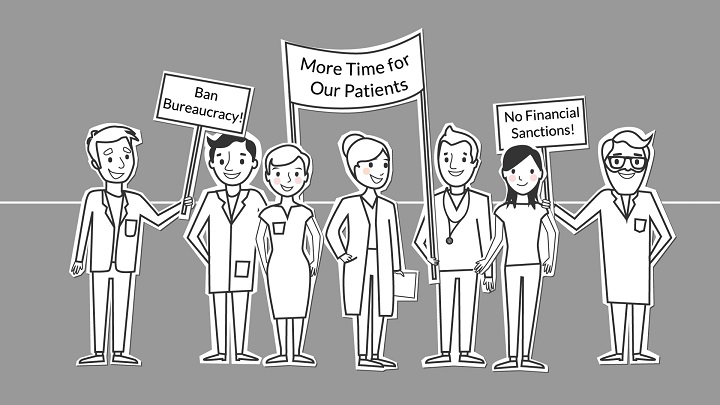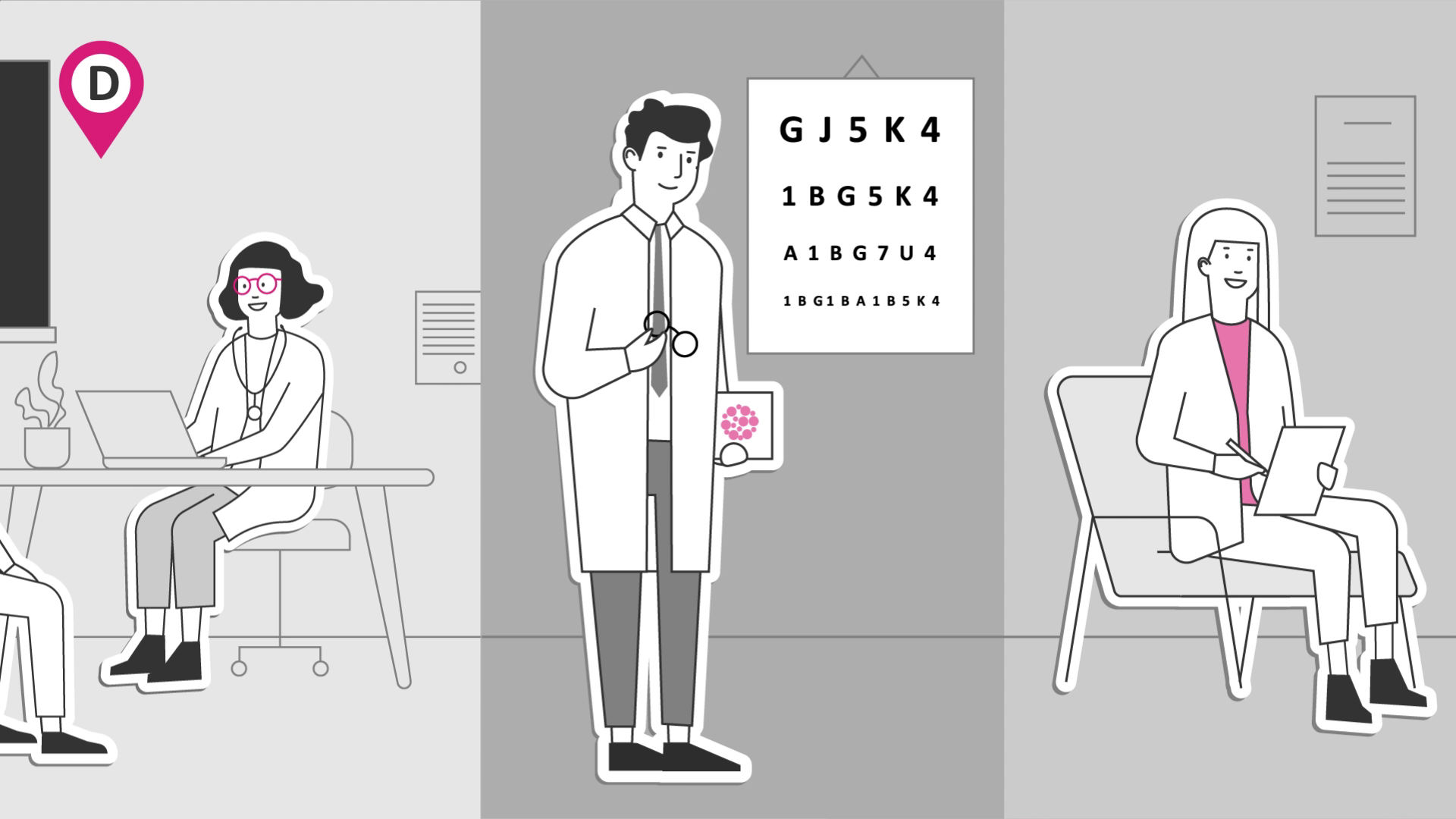Who we are and what we do
Herr Steffens needs to see a doctor. In his home country Germany that´s pretty easy: with his doc search app he finds Dr. Scheel nearby. At her surgery he hands over his electronic health insurance card, is treated and returns home.
To Herr Steffens that´s normal. Made possible by many involved behind the scenes.
Everyone in Germany is free to chose their own doctor or psychotherapist whom they trust most. This freedom of choice is guaranteed by the Kassenärztliche Bundesvereinigung and its 17 regional associations.
They also take care of finances; settling everything with each health insurance – there are more than a hundred. Thus ensuring that Herr Steffens can concentrate on getting well soon, without having to deal with paperwork.
Herr Steffens can rely on Dr. Scheel´s competence: Like all her colleagues she attends advanced training regularly; and proves that to her regional association. They are responsible for the high quality of treatment in all independent surgeries cooperating with statutory public health insurances.
As most Germans Herr Steffens is a member of the statutory health insurance. More than 70 million are entitled to the same high standard in treatment; despite age or income. The insurance fees are split in half between the members and their employers.
The KBV and its regional associations are mandated by the state as part of this self-governing health system.
In order to ensure that Herr Steffens receives treatment according to state of the art science the KBV makes suggestions: for treatments to be included in the portfolio of the public health insurances for their statutory members. This portfolio is regularly updated by KBV along with health insurances, hospitals and patient organisations.
Good treatment needs good working conditions for doctors and psychotherapists. That´s why they´re also represented politically by the KBV and its regional associations. One aim: a modern freelance framewo rk attractive for young professionals. To ensure that Dr. Scheel finds a successor and buyer for her surgery. Thus ensuring that Herr Steffens´children can also rely on finding a specialised doctor nearby – by the time they have grown up themselves.
The German health system is faced with a number of challenges. The KBV will continue playing its part in building and upholding a sustainable health system accessible and attractive for all – for Herr Steffens as well as Dr. Scheel.


 Feedback
Feedback Zur Mediathek
Zur Mediathek
